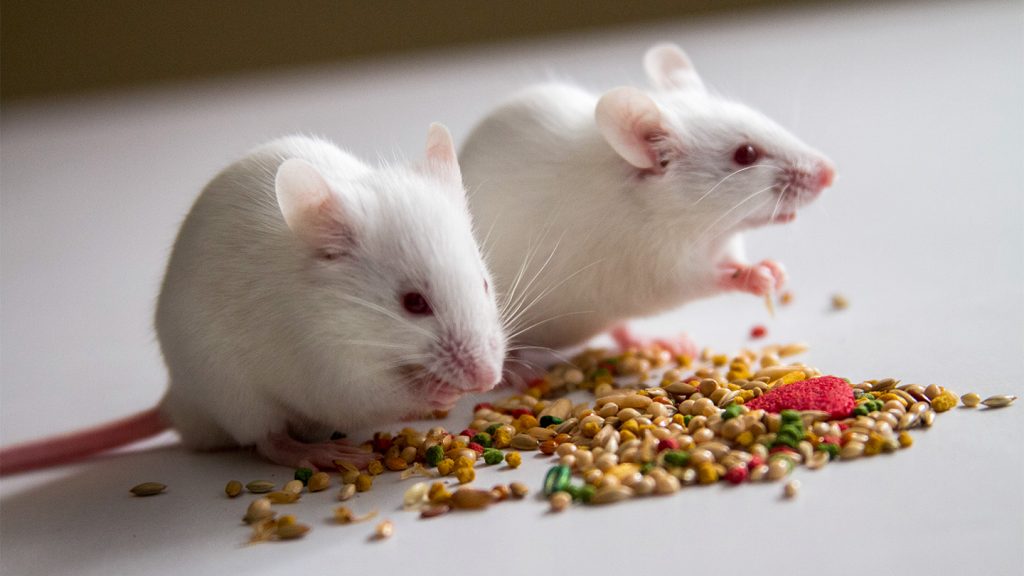A recent study published in Science Translational Medicine found that mice with symptoms similar to anorexia were able to reverse their lack of appetite and weight loss when genetically modified to secrete a protein called ACBP. This finding offers a potential treatment target for people with the eating disorder, which is notoriously difficult to treat due to its whole-brain and body impact. The brain of a person with anorexia usually prioritizes the restriction of weight, even when the body is in desperate need of food.
Anorexia affects about 1 percent of women and 0.2 percent of men globally, with only about a third of those individuals experiencing full recovery. Traditional treatment for anorexia involves medical care to stabilize weight and therapy to mend the patient’s relationship with food. Additionally, some cancer patients can develop a similar disorder called cancer cachexia, which is also challenging to treat due to impaired metabolism. The potential use of ACBP as a treatment for anorexia and other related disorders is significant, as no drugs are currently available for these conditions.
The study demonstrated that ACBP levels tend to be lower in patients with severe anorexia, and the genetically modified mice that were exposed to biotin to increase ACBP levels showed significant improvements in appetite and weight. In comparison to mice without the protein, those exposed to biotin had higher lean body weight and fat. Even non-genetically modified mice that received daily ACBP injections did not develop anorexia, suggesting the potential efficacy of this protein as a treatment for the disorder.
While the results are promising, it is uncertain how they may translate to human patients. Plasma samples from severe anorexia patients showed that those with lower ACBP levels were more likely to relapse after a month compared to those with higher levels. Further research is needed to determine if ACBP-based drugs could benefit specific patients, such as those with cancer cachexia or malnourished individuals with anorexia. Understanding how ACBP stimulates an increase in appetite could also help identify which patients would benefit most from such treatment.
Anorexia has a strong psychiatric component, making it unlikely that a drug targeting ACBP alone would provide a complete solution. It remains unknown how ACBP triggers an increase in appetite, highlighting the need for further investigation to determine the potential impact of this protein on different groups of patients. While ACBP may not be a definitive treatment for anorexia, its discovery establishes a crucial new link between the body and the brain, opening doors for innovative approaches to treating eating disorders and related conditions.


